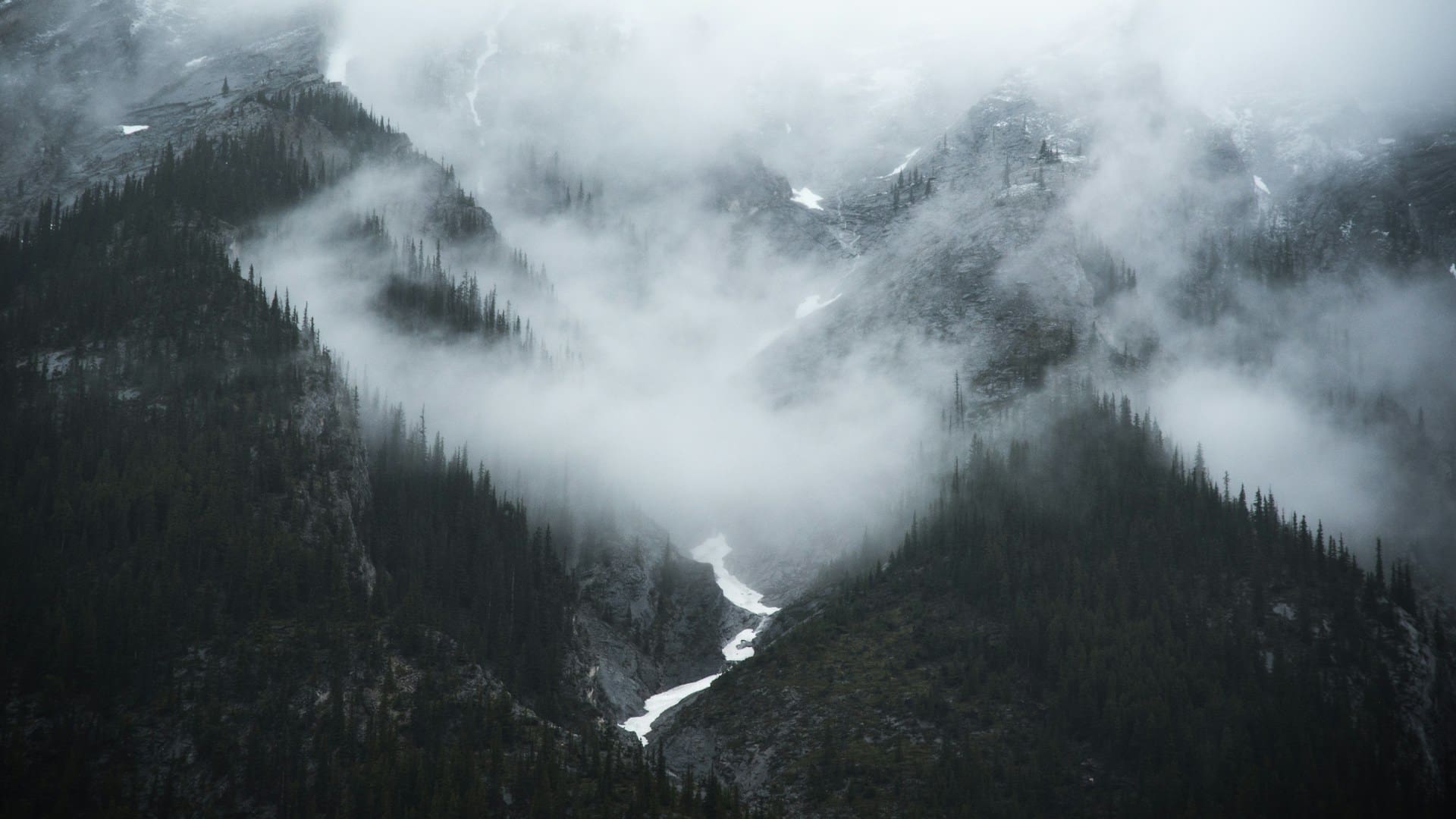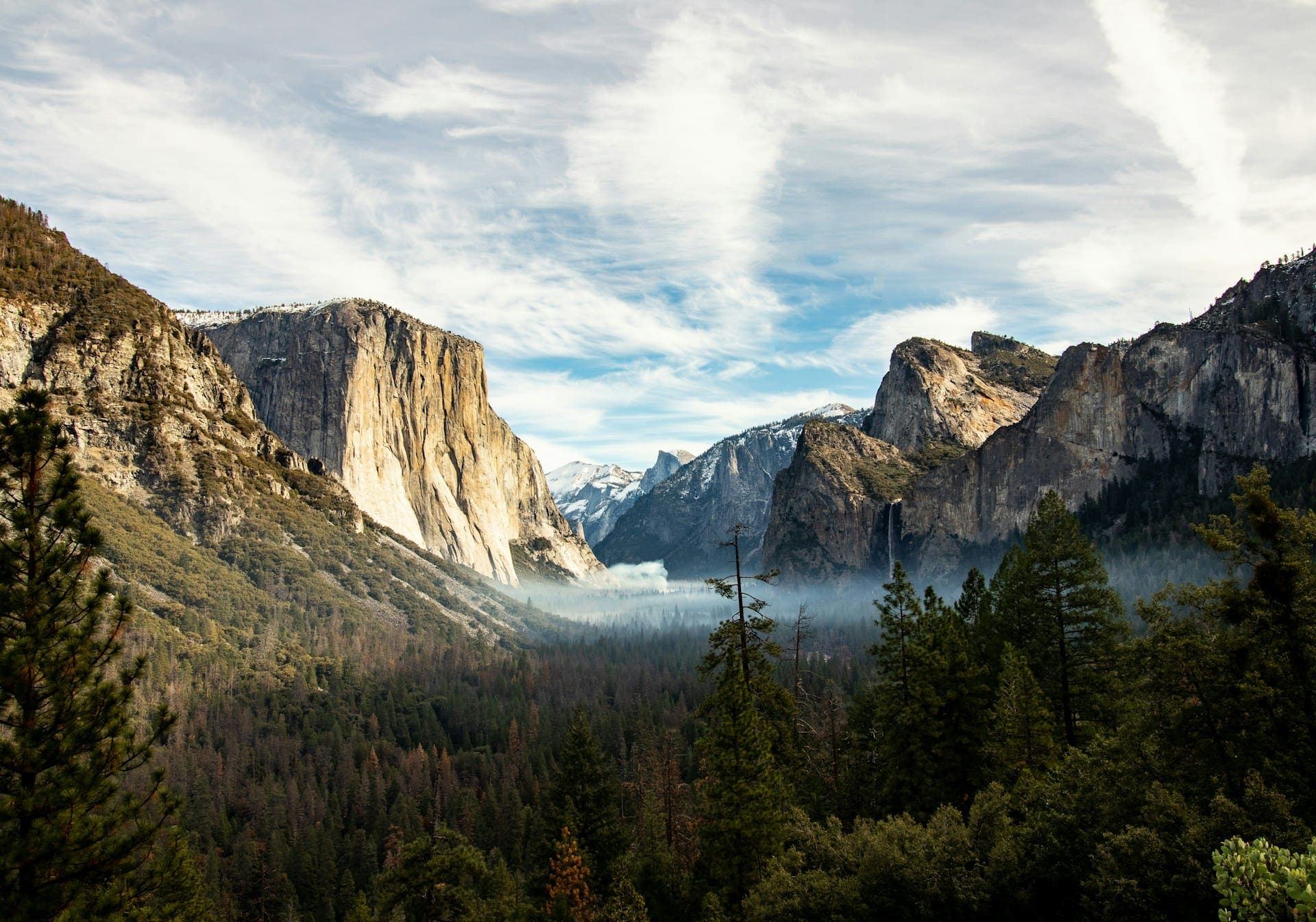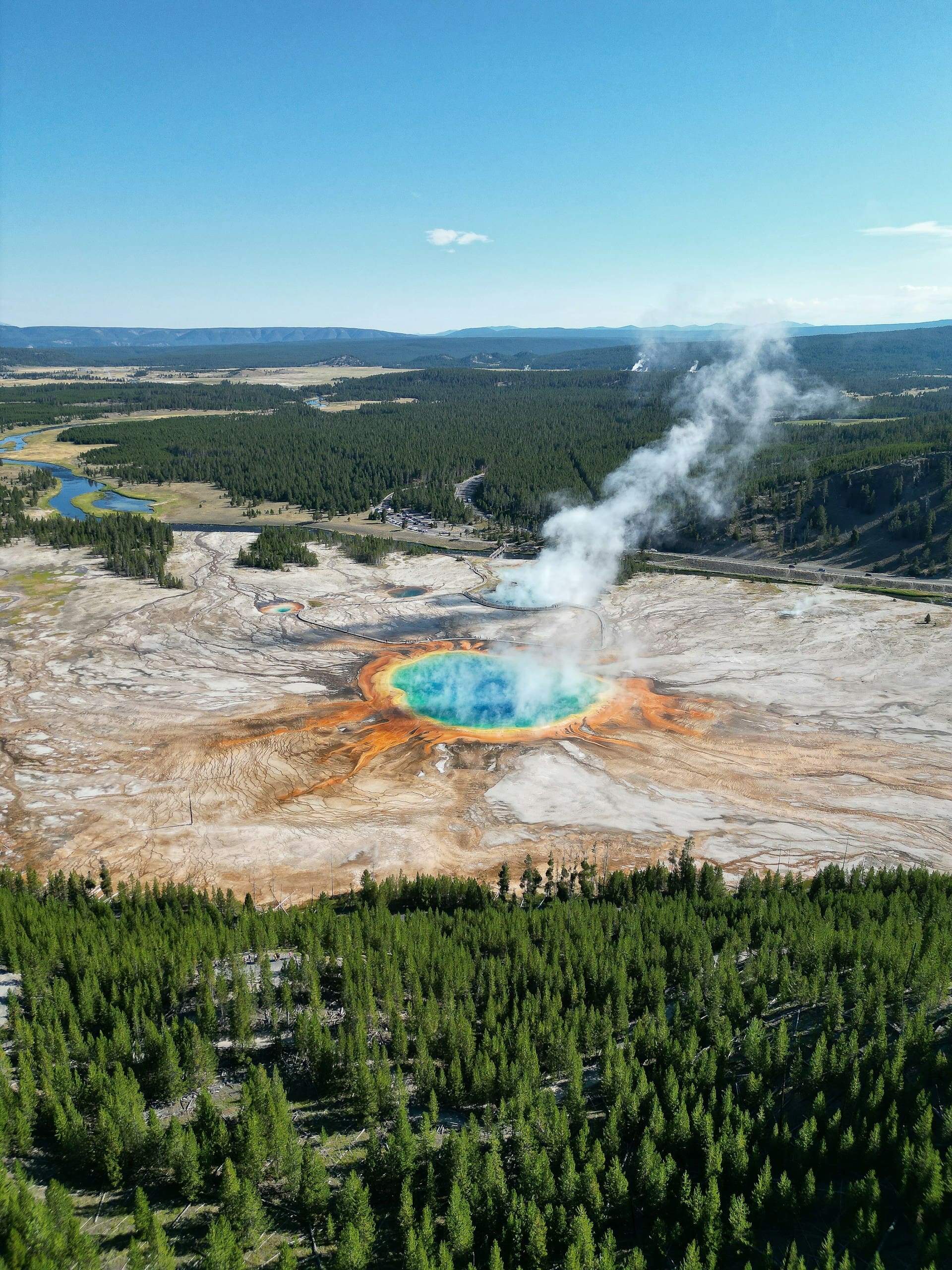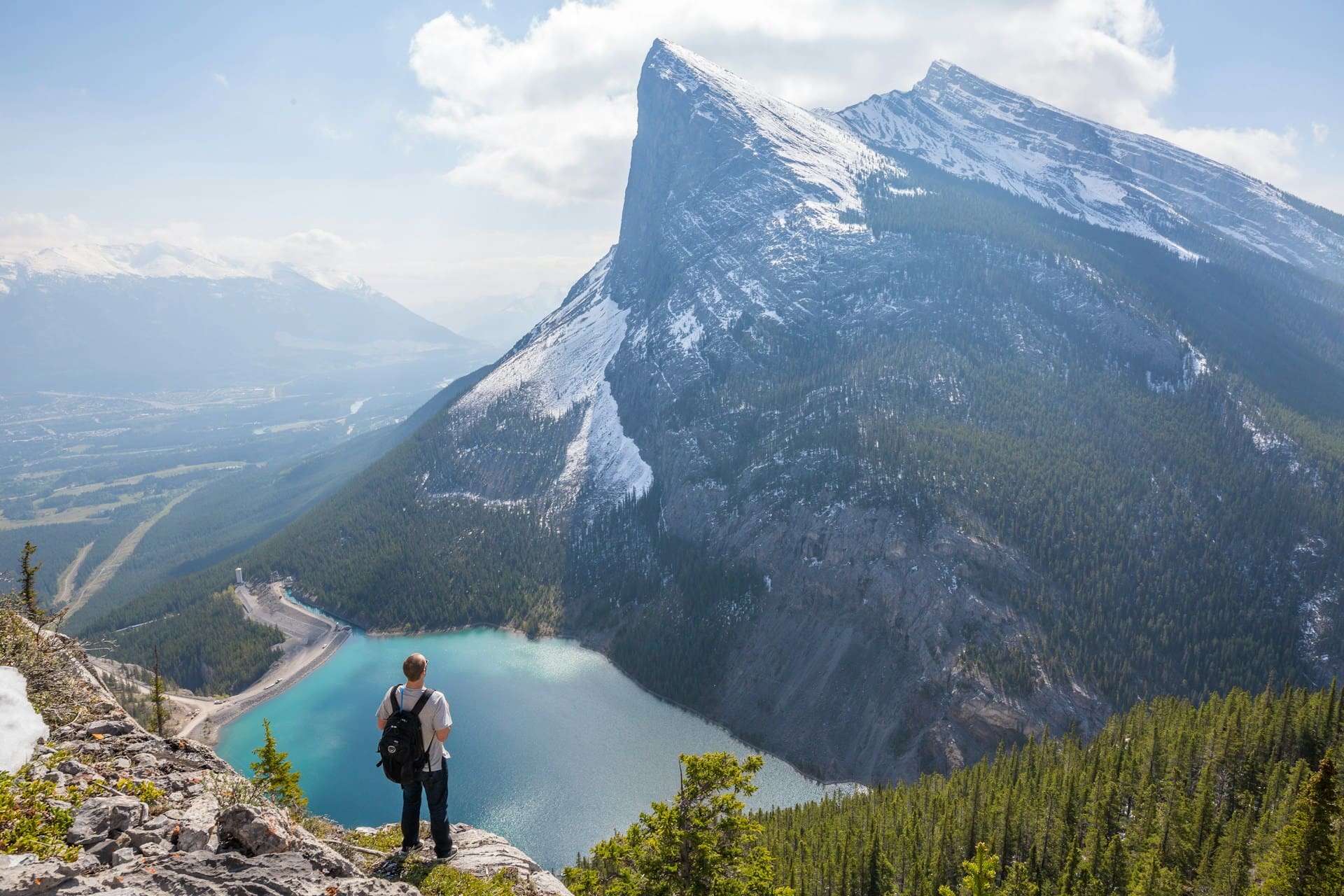Rising temperatures blamed for different types of natural disasters
IAN STALKER
Three tour operators that send people to far-flung destinations are warning that the travel industry will have to brace for more disruptions linked to climate change, but add that the industry itself can do its part to lessen the impacts rising global temperatures have on tourism.
Warming weather was again front and centre recently in this country when a fire in Jasper National Park destroyed much of the townsite of Jasper, a hugely popular year-round destination.
Many in the science community predict the fire season in Canada will become more intense because of climate change, and other types of natural disasters will become more common worldwide as well.
“There is no question that there will be more travel disruption with climate change,” says Renata Snider of NARAT. “Of the larger tourism segments, coastal tourism would be impacted the most with rising water temperatures and hurricane-type systems occurring out of season and affecting leisure travel. Nature tourism is another core segment that could be impacted by climate change with the increased prevalence of wildfires witnessed. The lines of seasonality are becoming increasingly blurred for many destinations.”

JULY 25 JASPER PHOTO COURTESY OF PONOKA COUNTY EAST DISTRICT FIRE DEPARTMENT
Christian Wolters, who oversees Intrepid Travel’s Canadian operation, says the likes of the Jasper fires serve as another wake-up call for the industry.
“The extreme weather witnessed in Jasper and around the world is a stark reminder that climate change is here, and it’s changing the way Intrepid thinks about travel – now and for the future,” he says. “This is our new reality, and we’ve prepared for it.”
Wolters says the safety of employees and guests is paramount when the likes of wildfires arise.
“We have implemented wildfire evacuation plans in both the field and at our Canadian Rockies base of operations in Banff,” he continues, adding Intrepid doesn’t have a specific tour near Jasper and its closure isn’t affecting the tour company. “Right now, we don’t have to do any re-routes in Canada. If we did have re-routes around Banff, we would look to offer alternatives in Kananaskis.

“We also have an in-depth wildfire smoke policy that involves monitoring the Air Quality Index during an active wildfire to make sure our employees and guests are not exposed to an unhealthy amount of wildfire smoke.
“Unfortunately, reroutes during summer hiking season are nothing new, and we have an extensive plan to handle it. This is just one example of how Intrepid creates responsible travel for both the traveler and the planet.”
Wolters says Intrepid has dealt with several trip-related “re-routes” over the years during July-September wildfire season in North America, including in the surrounding areas of Yosemite, California. That usually involves sending guests on a comparable trip to a different unaffected different area.
Meanwhile, Wolters says Intrepid is taking steps to ensure clients can continue to enjoy their vacations in a changing world.
“For a business that operates more than 900 itineraries in more than 100 countries around the world, this is a growing challenge,” he continues. “That’s why understanding the impact of climate change on trips is a key focus of Intrepid’s global operational and product development strategy.”

Examples of the Intrepid strategy include extending departures into shoulder-season months like November and March in places like the Southern USA, months when the weather is milder.
As well, the tour operator will adjust existing itineraries to ensure outdoor activities don’t fall during the hottest parts of the day and will remove visits to vulnerable disaster areas like Yakushima in Southern Japan, where the concern of typhoon impact is increasing.
“In Yosemite, where we run most of our backpacking trips in the summer, we tend to move out of the Yosemite Valley area during the summer heat to higher elevations in Tuolumne Meadows instead,” Wolters adds.
Wolters says Intrepid is “staying proactive in shaping the future of travel experiences amidst rising heat” by investing in alternative destinations such as Scandinavia, where the tour operator is expanding operations in 2024. Intrepid’s Iceland Discovery tour was its most booked summer 2023 tour by Canadians.
The tour operator is also supporting its leaders and travellers in staying prepared and educated on health and safety, staying hydrated, taking more breaks and dressing in cooler clothing, Wolters continues.

“While the reality is that travel will look different in the future, Intrepid is committed to using external data and 30 years of operational experience to adapt, plan and support the resilience of destinations for a changing world,” he adds.
Snidr says the travel industry can take steps to ensure travel remains enjoyable in a warming world.
“Some of the ways that the travel industry can adapt is by promoting travel during traditional off-peak or shoulder seasons to destinations, such as Europe, that are seeing temperature variations,” she adds. “There is less of a risk for travellers visiting nature destinations in less warmer periods of the year. It is likely that a more progressive and flexible trip cancellation framework will need to be implemented to maintain customer demand for travel in future years. New tourism opportunities will as well open with climate change, and the travel industry will need to repurpose marketing models of certain destinations to continue selling them. Travel significantly contributes to CO2 emissions and the industry can play an imperative role in mitigating climate change by transferring to sustainable practices, including working with eco conscious suppliers, which has been a key tenet of NARAT. The industry can play a vital part in becoming custodians and preserving the destinations which provide it business.”

Meanwhile, Great Canadian Trails is reminding people that it is still sending people to the Rockies.
“Great Canadian Trails offers three trips in the Canadian Rockies,” says the company’s Caroline Mongrain. “Fortunately, none were on their way to Jasper when the devastating wildfire got out of control. While we, of course, won’t be sending anyone in the immediate vicinity of Jasper, many parts of the Rockies are still safe to visit. Some travellers are currently hiking with Great Canadian Trails in the Kootenays and Banff National Park.
Great Canadian Trails, a division of adventure travel specialist World Expeditions, established in 1975, says its “extensive experience in the active travel industry allows us to provide guests with the best possible travel experience and effective alternatives when needed.”
“Our operations team frequently reviews every aspect of each trip and the regions visited,” Mongrain adds. “We receive constant updates from our local partners and government travel warnings and plan our operations accordingly. We are 100% committed to travellers’ safety and follow specific protocols, safety analysis and risk assessment.”

















